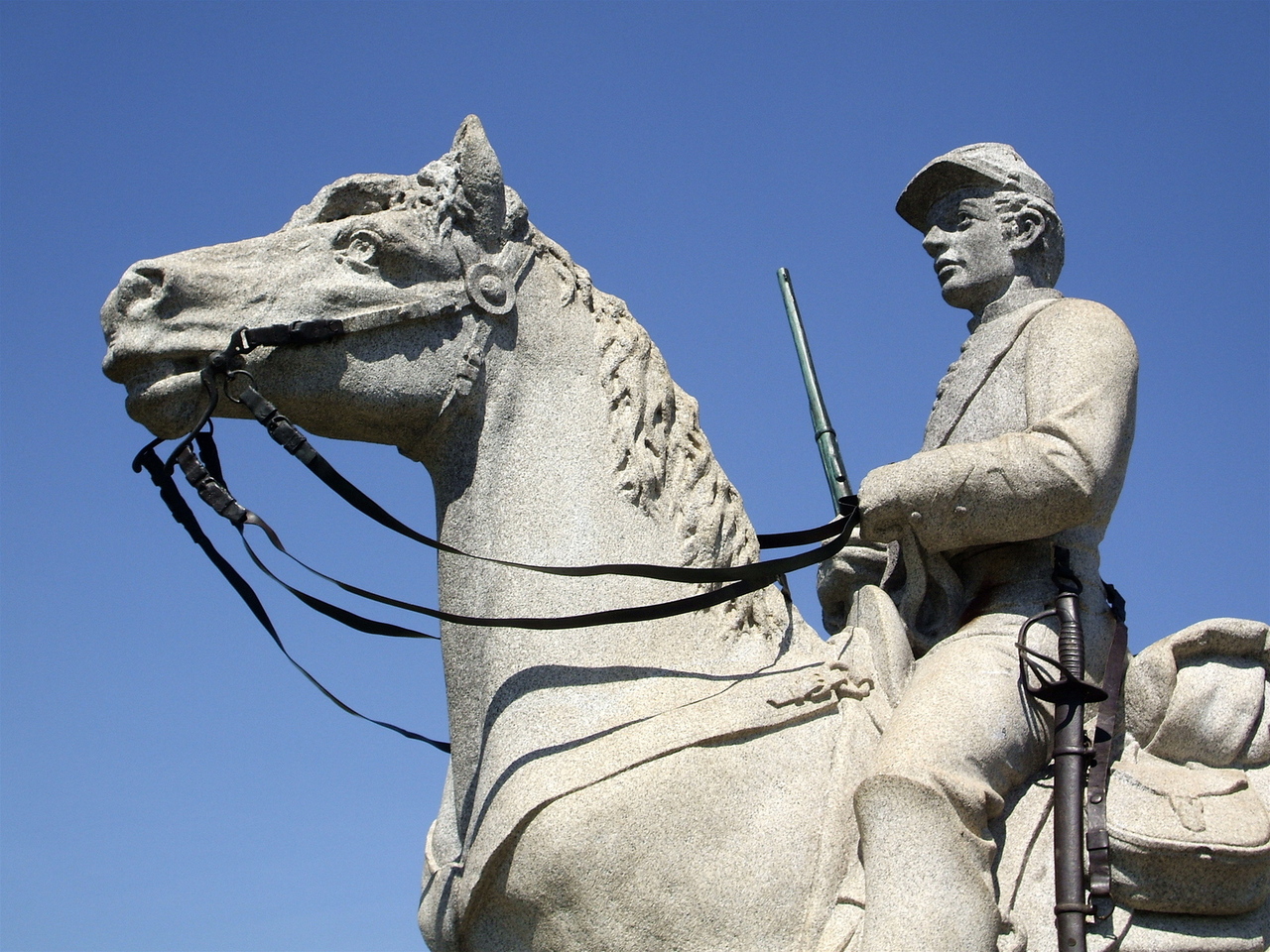By Kent Singer, CREA Executive Director
I’ll admit it right up front: I’m a Civil War geek. I have an endless fascination with that period of U.S. history — the politics, the battles, the incredible turmoil that was likely unavoidable given the flaws in our original Constitution.
So to be able to spend a few days recently in Gettysburg, Pennsylvania, studying the famous battle in depth at the elbow of some of the preeminent historians on this subject, well, I was in hog heaven.
My full immersion in the Battle of Gettysburg occurred during a three-day leadership program sponsored by the National Rural Electric Cooperative Association and CoBank, one of the co-op banking partners and an associate member of the Colorado Rural Electric Association. The purpose was to provide leadership training for electric co-op employees and directors against the backdrop of the most significant battle on U.S. soil.
The events of July 1 through July 3, 1863, in southern Pennsylvania shaped not only the geographic boundaries of the United States but also our moral and legal foundations. You may recall from your history classes that in the months leading up to the Battle of Gettysburg, the Confederate Army of Northern Virginia, under the command of Robert E. Lee, racked up a string of victories over the Union Army of the Potomac. Although in many cases outmanned and outgunned, Lee and his subordinate generals, including Stonewall Jackson, found a way to outmaneuver the Union army in a series of bloody battles.
But Lee and the president of the Confederacy, Jefferson Davis, believed that the Confederacy needed to strike a blow in the North that would lead to a negotiated peace agreement. Lee moved the 50,000 or so men of the Army of Northern Virginia up through Maryland and into Pennsylvania to threaten Harrisburg and ultimately Philadelphia, Baltimore and even Washington, D.C. The Union army responded by moving 80,000 soldiers north to provide a shield for Washington and Baltimore. The two armies collided at Gettysburg, and the battles they fought over a three-day period were some of the most brutal and significant of the war.
It is impossible in a short space to recap all of the individual battles and acts of heroism that took place at Gettysburg. If you watched the movie “Gettysburg” or saw the Ken Burns documentary some years ago, you are familiar with some of the iconic geographic landmarks on the battlefield, such as Cemetery Hill, Seminary Ridge, the Peach Orchard and Devil’s Den. You may also be familiar with the heroics of Joshua Lawrence Chamberlain at Little Round Top or the crushing defeat of the Army of Northern Virginia at Pickett’s Charge on the final day of the battle.
But you may not realize that the outcome at Gettysburg may have been different if a direction given by General Lee to one of his commanders on the first day of the battle were more precise. With the Union army in retreat and falling back to Cemetery Hill in the late afternoon on July 1, Lee directed Richard Ewell to press on and take the Hill “if practicable.” Ewell interpreted this to mean that he should only move forward if he was certain of success. He was not and did not attack. The Union army was able to dig in and fortify its position on Cemetery Hill. As one of our battlefield guides explained, had Stonewall Jackson received the same order from Lee, the Army of Northern Virginia may very well have prevailed at Gettysburg.
One of the key lessons from Gettysburg is that the clarity of communication is extremely important, not only for commanders of armies but also for electric co-op leaders and supervisors. There is no doubt that the communication tools available today are superior to the written notes from couriers on horseback that were used at Gettysburg. Nonetheless, successful communication still depends on precise language and a common understanding of an organization’s goals and objectives.
CREA recognizes this and is working with Colorado’s electric co-ops to help them provide communication and other skills co-op employees will need as they face a projected turnover in the industry’s leadership and supervisory ranks. Among the resources is a new leadership training course initiated by CREA to help employees develop leadership skills.
Co-op employees also have access to the Gettysburg Leadership Experience through our national trade association. It is yet another opportunity for co-op leaders to work with their peers from around the country to help them prepare for the challenges of an evolving industry.
But back to brutal challenges faced by both sides at Gettysburg. My recent visit to that hallowed ground also reminded me of the sacrifices made by thousands of soldiers to establish “a new birth of freedom” for all Americans — sacrifices we are still thankful for today.

